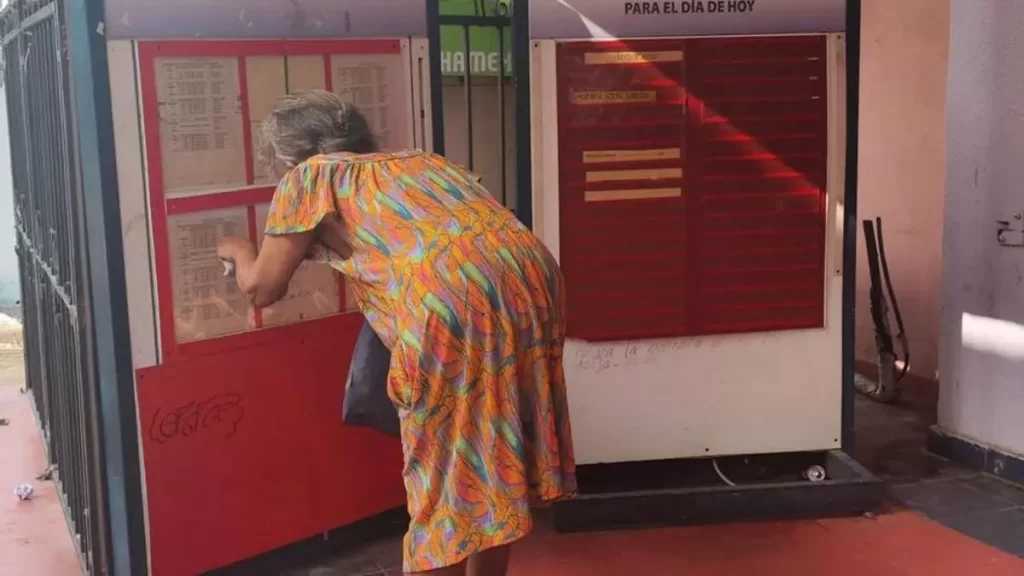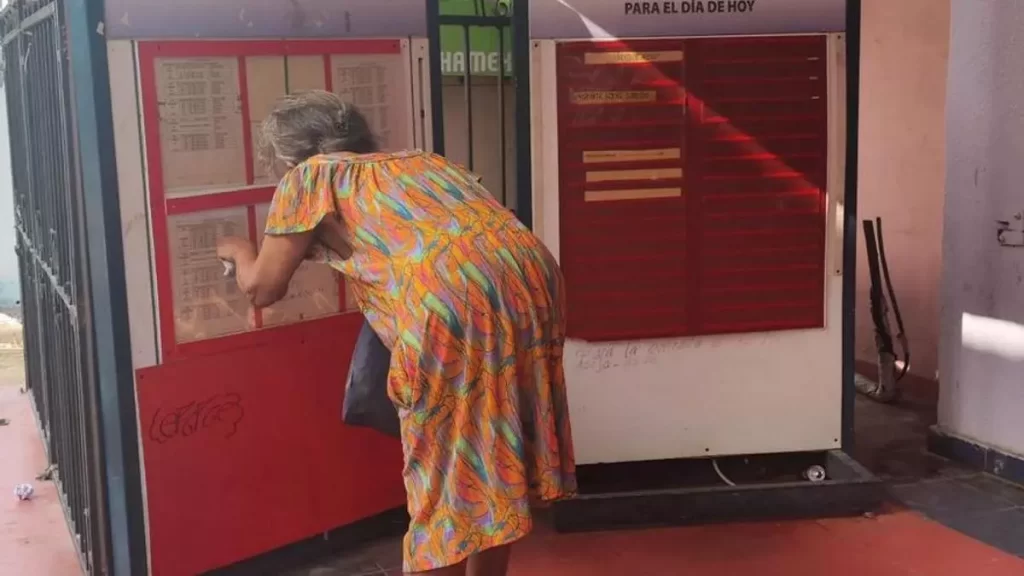Readers of the official press are divided between those in favour of a heavy hand and those against the government’s measures

14ymedio, Madrid, 12 July 2024 — In less than 72 hours, the Cuban authorities already had almost 400 violators of the price cap for six basic products that came into force on Monday. Last week, the Deputy Minister of Finance and Prices, Lourdes Rodríguez, warned on Canal Caribe that 7,000 inspectors were prepared to verify that the provisions were complied with, and this time their effectiveness has been proven, since on Wednesday night 1,079 “control actions” had been carried out that imposed fines on 393 private individuals, some in response to complaints from the population.
The information was offered by the Minister of Finance and Prices, Vladimir Regueiro Ale, in a television program in which he reviewed the Resolution that marks the highest selling prices for chicken (680 pesos per kilo), oils, not including olive (990 pesos per liter); powdered milk (1,675 pesos per kilo); pasta (835 pesos per kilo); sausages (1,045 pesos per kilo); and detergent powder (630 pesos per kilo). He said that these six products are exempt from import tariffs and that, in addition to the cap on consumer prices, there cannot be a profit margin of more than 30% in sales from the private sector to the State.
Regueiro insisted that the objective is to contain inflation, since the cost of these essential products had progressively increased, and admitted that for a large part of the population they are still very high prices, in particular for retirees or people with low incomes.
He admitted that for a large part of the population they are still very high prices, particularly for retirees or people with low incomes
However, he said that this measure came from meetings with more than 50,000 “economic actors,” the self-employed, members of cooperatives and owners of private businesses. The State is not subject to this policy, at least for the moment, since stores in Freely Convertible Currency (MLC) sell at prices much higher, as a large part of the population denounced, which, however, admits that it matters little, since there are no products in those establishments.
“I wish we could buy in MLC [hard currency] stores,” commented a user this Wednesday in a Cubadebate forum that asked for experiences from consumers, “but there the prices are equally high and abusive, the shelves are empty and then again, what percentage of the population owns that currency?” “In the province, in MLC there is nothing or almost nothing, and even less in municipalities; most of the merchandise is in Havana, that’


